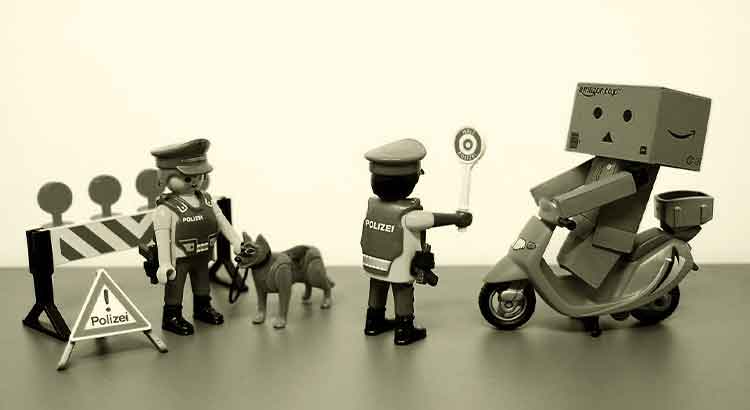Once every two years, I am forced by the Brazilian State to leave my home and go to a polling station. The State, authoritarian, forces me under the threat of complicating my life if I do not comply with the obligation I contracted without ever having signed a consent form. That is why, religiously, once every two years I am, on foot, going to a place I do not want, to face a long queue that displeases me and to type numbers that I do not like in an electronic ballot box. This is how I proceed from the age of majority. Well. Given the pretext, the joke: I noticed, in this 2020, that I have never voted for a candidate who has won, for any position, be it municipal or federal: I always choose who loses. I think and automatically the smile sprouts on my face. I rejoice every time I see evidence that I am not like other people. So I have further confirmation of what I already know: I am an unsuitable animal, I have no resemblance of ideas, temperament, or anything else to the people around me. And if the future of Brazil depends on me waking up on a Sunday, facing a queue and I have the right to choose (which, of course, I do not have, despite appearances), the country is chipped…
____________
Read more:



